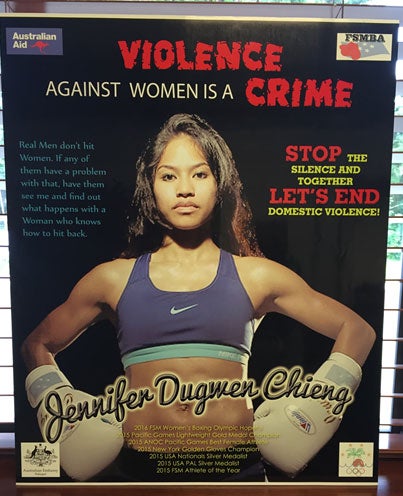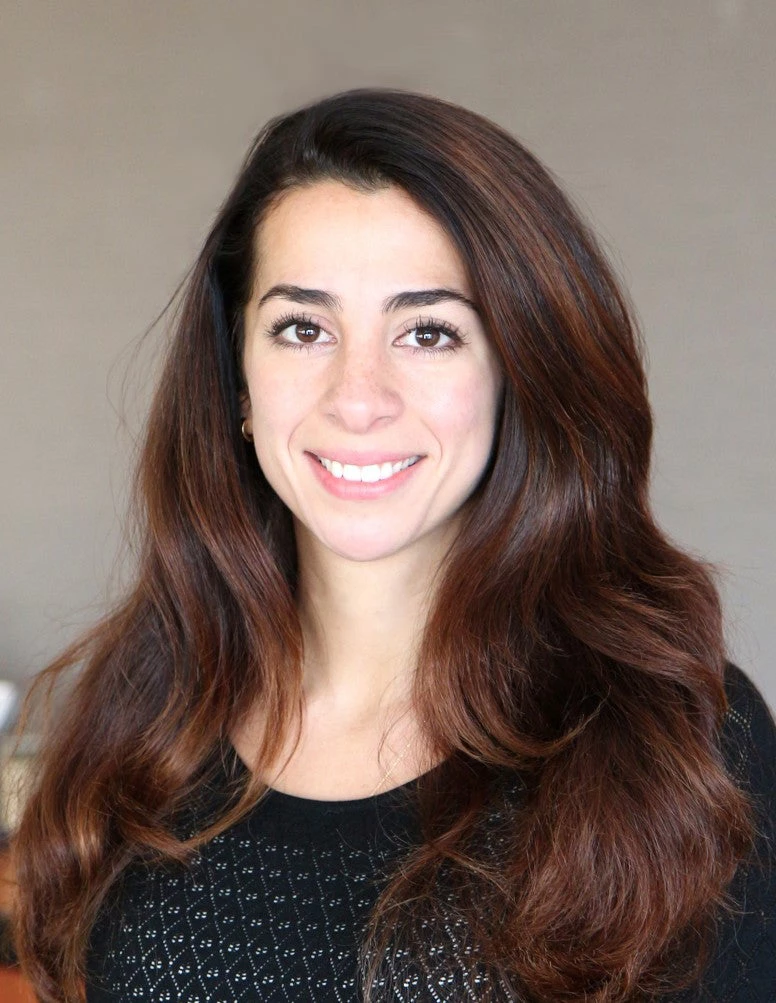
There is a lot that development practitioners don’t know about the Pacific Islands. When it comes to the laws of these small island nations scattered throughout the ocean separating Asia and the Americas, most people outside the region know even less. Add the dimension of gender to the mix and you might be met with blank stares.
For those unfamiliar, the Pacific is a region where some fascinating changes are taking place. Between January and February of this year, my colleagues and I at the World Bank Group’s Women, Business and the Law embarked on several data collection missions to seven of the island nations in order to feature them in our global database on laws affecting women’s economic opportunities. We met with local lawyers, civil society organizations and government officials dedicated to the law and to promoting gender equality in their countries. They guided us through the dynamics of codified law, custom and gender, allowing us to collect gender-disaggregated data with a greater understanding of the obstacles women encounter in employment and business.
Here are five of the most interesting insights we brought back with us:
- Perpetrators of domestic violence may approach the victim’s family for forgiveness rather than going through the criminal justice system. In Kiribati, the Federated States of Micronesia and Palau, it is customary for perpetrators to seek forgiveness from the victim’s family by apologizing and offering gifts of fish and rice. Because incarceration of an abusive husband could result in financial hardship for the family, many consider the practice not only customary but also a wise economic choice.
- Police receive specialized training for domestic violence. In Samoa and Kiribati, the local police play a very active role when it comes to enforcing protection orders and domestic violence laws. Specialized training is provided for officers dealing with these cases. They participate in a regional program called Pacific Prevention of Domestic Violence Programme, an initiative of New Zealand Aid and the New Zealand Police in conjunction with local police from the Pacific Islands. In Marshall Islands, the police department endorsed the Domestic Violence Law Enforcement Response Protocol with the support of a local NGO, Women United Together Marshall Islands (WUTMI).
- Matrilineal societies still exist. Marshall Islands, the Federated States of Micronesia and Palau are some of the very few countries in the world with traditionally matrilineal property systems. What this means is that property is passed down through the maternal line rather than the paternal line.
- Women’s political representation is likely to grow. In Solomon Islands, there is only one female Member of Parliament out of 50, and she is just the third female representative to serve since the country’s independence. However, Solomon Islands recently enacted a law establishing a 10% quota for women in parliament. Additionally, Vanuatu passed an amendment in 2013 that requires one seat in every ward of a municipality be reserved for women. Samoa also approved a law requiring at least 5 women to serve in parliament, and just this past weekend saw four new female MPs elected without the need for the ‘affirmative action’ laws to be enacted, including Fiame Naomi Mata'afa, who has been appointed as Deputy Prime Minister. Further, half of the justices on Palau’s Supreme Court are women and for the first time in Marshall Islands’ history, a woman was just elected President.
- Change is on the horizon. The Pacific Islands are strong examples of countries using legal reform to promote gender equality. Civil society is active, bills for labor legislation and on family violence are underway in Palau and the Federated States of Micronesia, and organizations like the Samoa Law Reform Commission are actively working on identifying areas that are yet to be addressed to comply with the Convention on the Elimination of all Forms of Discrimination Against Women (CEDAW). Many of them already have or are currently developing national gender action plans to better implement their laws.
At the end of this month, Women, Business and the Law will publish the data on all seven nations on our website, along with 9 other countries never before included, to cover a total of 189 economies worldwide. We hope our coverage of the Pacific Islands, where gender-disaggregated data is sorely needed, will contribute to the larger conversation on using strong legislation to help improve economic outcomes for women.






Join the Conversation